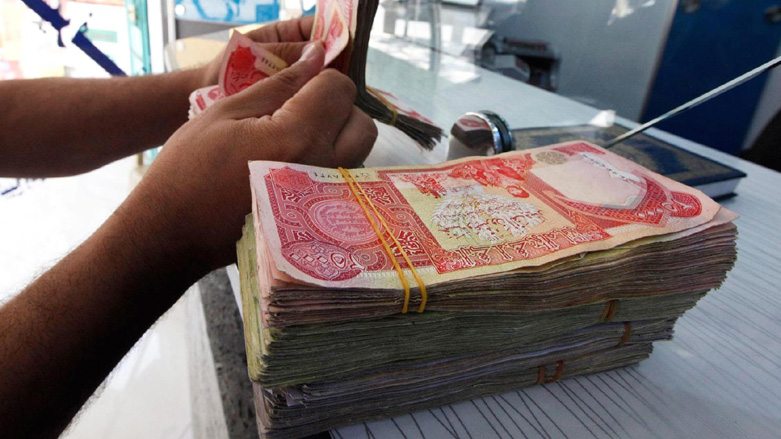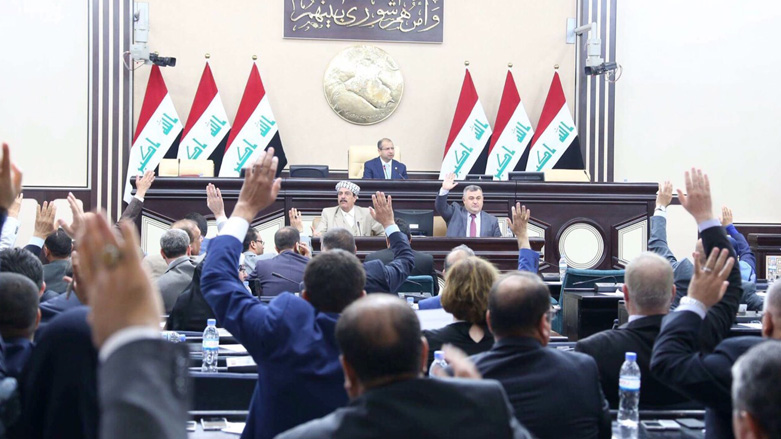Claims Baghdad sent salaries for all KRG ministries raise confusion, disagreements

ERBIL, Kurdistan Region (Kurdistan 24) – The Federal Government of Iraq on Monday announced it had sent funds to cover the salaries of all civil servants of the Kurdistan Regional Government (KRG), including the Kurdish Peshmerga forces.
The statement published by the Iraqi Prime Minister’s media office noted that the Finance Ministry had sent payments to the Kurdistan Region, and mentioned that the auditing process of the KRG’s public payroll would be ongoing to ensure transparency.
The statement, however, did not mention how much money was sent to the semi-autonomous region.
The KRG Ministry of Finance and Economy, in response, published a letter sent by the Central Bank of Iraq that revealed Baghdad’s allotted monthly salaries for KRG civil servants was IQD 281 billion ($236.6 million) with IQD 35 billion ($30 million) to Peshmerga fighters.
In total, Baghdad has sent IQD 317 billion ($266 million) to the Kurdistan Region, according to the Iraqi Central Bank, as quoted in the KRG Finance Ministry’s statement. The latter stressed that the KRG’s monthly public payroll needs add up to IQD 900 billion ($756 million). Under current austerity measures, salaries were reduced to IQD 590 billion ($495 million).
The KRG Ministry of Finance has argued that the amount of the money sent by Baghdad is insufficient, as it was originally believed the funds being sent would cover the ministries which have been audited: Education and Health.
The Central Bank, however, claimed the money should cover the needs of all KRG ministries.
The federal budget has been a long-standing issue between Erbil and Baghdad. The Federal Government of Iraq has cut the KRG’s national budget share since the beginning of 2014, accusing the semi-autonomous region of violating agreements by independently exporting its oil abroad.
Editing by Nadia Riva

